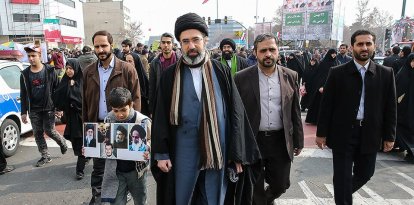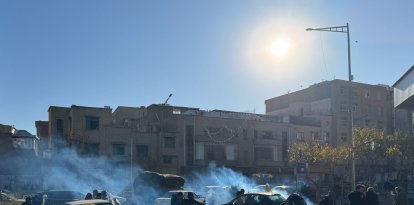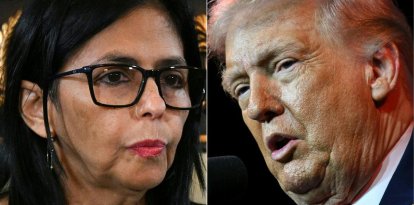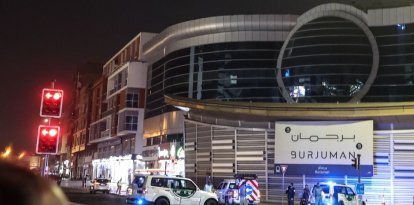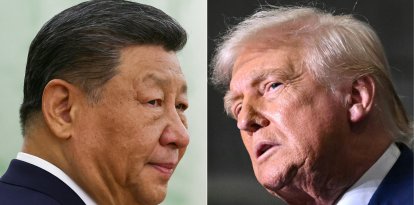Luis Abinader reelected as president of the Dominican Republic in first round
His opponents, Leonel Fernández and Abel Martínez, failed to advance to the second round as they had proposed.
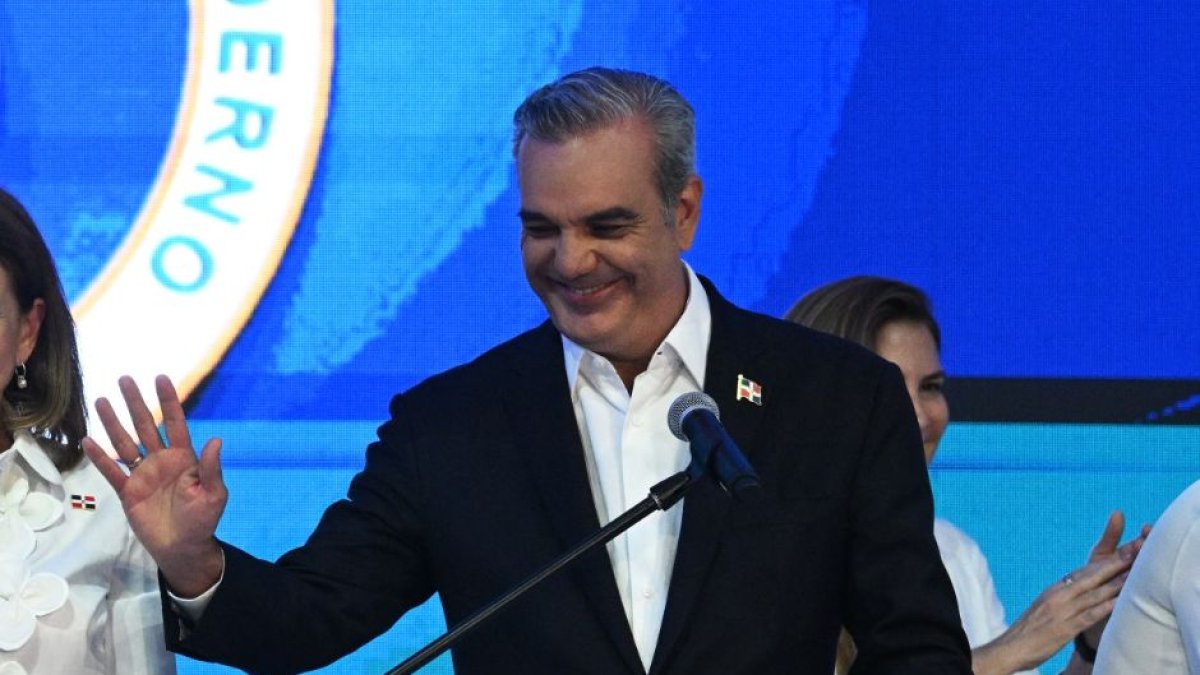
Luis Abinader (Federico Parra / AFP)
(AFP) Dominican President Luis Abinader was reelected Sunday for a second four-year term, a boost to his management of the economy and his harsh policies towards Haitian migration.
The two countries share the Caribbean island of Hispaniola, but there is a stark contrast between the more prosperous Dominican Republic and its impoverished neighbor, mired in chaos and violence from the criminal gangs that control much of its territory.
With just over 21% of the votes counted, his main rival, former President Leonel Fernández acknowledged his defeat and congratulated Abinader.
"I am and will be the president of all Dominican men and women," Abinader said in a speech to hundreds of followers at his campaign command in Santo Domingo. "The people have spoken clearly. ... I assume the trust that I have received and the obligation not to disappoint. I will not fail you!"
Abinader earned 59.05% of the votes, 30 points ahead of Fernández, with 27%, according to partial results.
Abel Martínez was third with 10.76%. The other six candidates together barely exceeded 3% of the total.
"Four more years, four more years!" chanted supporters of the president, who will not require a second round of votes.
'To the top!'
More than 8 million of the 11.2 million Dominican citizens were called to the polls for this election, which also includes members of the country's Congress.
"I voted for Abinader... he has actually had a good government," María Ramona Antonio, a 74-year-old dentist, told AFP. "Look at how tourism is going, it is the best source of work for us... the roads built, those people in need who now have health insurance," he said.
Abinader's Modern Revolutionary Party (PRM), which swept the municipal elections in February, should also obtain a good result in the Senate and the Chamber of Deputies, experts agree.
"Happy, happy, we are sweeping, we are going to the top," celebrated Joney Dotel, a 38-year-old psychologist, at the PRM headquarters. "The country continues with the change, it is in favor of democracy, we continue to move forward."
"We knew this was going to happen, I feel very happy about that, the vote was very civil," said Mary Pimentel, a 44-year-old informal worker.
Haiti
Abinader enjoys 70% approval, in part due to his tough policy towards Haitian migration, which he promised to maintain in an eventual second term.
Since he came to power, he has increased immigration raids and multiplied deportations, built a wall on part of the border and closed migration from the neighboring country.
Abinader "has to put tougher laws on migrants," said Pedro Núñez, 57, also in the command. "Zero Haitian in this country."
Abinader also boasts of the economic achievements of his administration: high growth, inflation "within the range" and low unemployment. The World Bank projects a 5% rise in GDP at the end of the year, as does the IMF, which highlights the country's "potential ... to become an advanced economy" in the coming decades.
'Anomalies'
The People's Force Party (PF), of Fernández, and the Dominican Liberation Party (PLD), where the former president previously served, claimed there was a "massive purchase" of votes by the ruling party.
It is an old practice in Dominican politics: in exchange for the vote, the parties pay about 500 pesos ($8) or deliver a plate of food.
Abinader came to power with an anti-corruption platform. One of his ministers assured on Sunday that the elections were clean.
"These elections have had the greatest participation of international observers," said Deligne Ascención, minister of public works and communications and national secretary of the PRM. He was referring to the 400 foreign observers who accompanied the elections, including an OAS mission.
The Central Electoral Board reported that it has not received any formal complaint of vote buying.




















